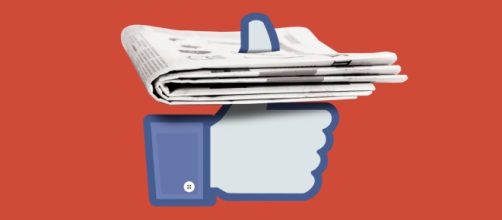Google and Facebook have joined together in an effort to help quell controversial “fake news” on their servers in France.
What do we know about the CrossCheck?
The initial initiative has been launched in Paris, according to reports announced this past Monday at the News Impact Summit. Titled CrossCheck, the project has reportedly been instigated to prevent hacking controversies within the upcoming French presidential election.
The endeavor will employ the aid of news companies, which shall include Agence France-Presse, Buzzfeed France, L'Express, and Le Monde.
Spokesmen associated with Google said in a released statement that they hope the endeavor will help users to “make sense of what and who to trust,” when employed on various platforms, ranging from social media to web searches.
What previous actions has Facebook taken to stop 'fake news'?
The initiative was inspired by controversy surrounding the recent United States election. Facebook, in particular, has previously been criticized over problematic “fake news” being spread on its platform, and serving as a conflict to voters. Due to this, this is not the first time Facebook has created a campaign to stop this controversy.
Reportedly, the social media giant is already taking steps that will help American user flag "fake news" content, and will be doing so by employing various news organizations, such as Snopes, ABC News, and the Associated Press.
Added to that, a similar project headlined by Facebook has recently taken place within Germany that was intended to quell false news stories and hate-speech content, due in part to the country's upcoming September presidential election.
In one recent event, a Syrian refugee named Anas Modamani had taken a photograph with German chancellor Angela Merkel, in August 2015.
The photo reportedly had been used in false news reports, often tying Modamani to stories of terrorist attacks, leading to him seeking injunction in a German court that would require Facebook to prevent the misuse of the photograph. In a released statement, Facebook replied that they were “committed to meeting our obligations under German law.”

